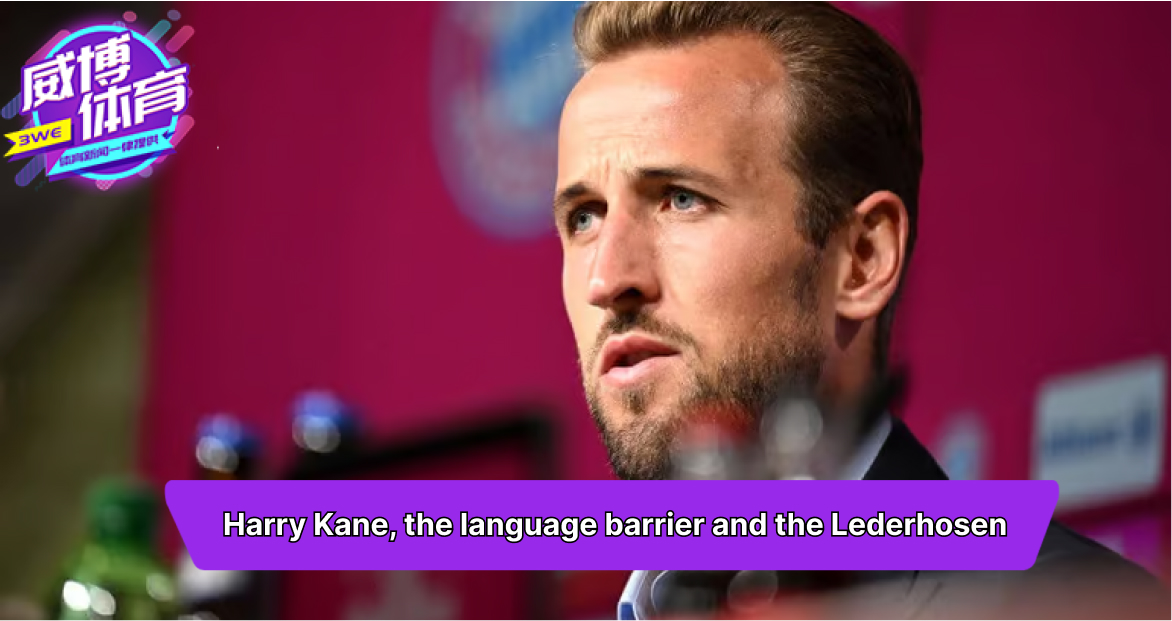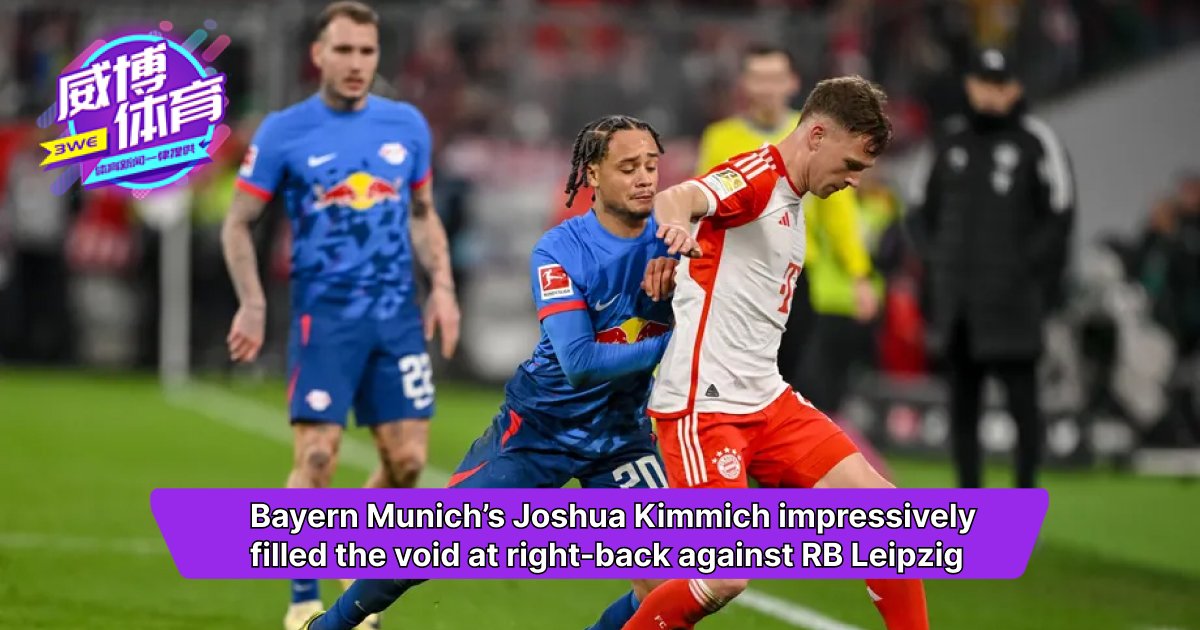Harry Kane, the language barrier and the Lederhosen

Harry Kane instinctively put his hand across his mouth as he approached referee Bastian Dankert but no words came out.
The clip of the Bayern Munich striker’s futile protest against the penalty decision, hampered by his lack of German, went viral after the 3-0 Supercup defeat. It was the perfect “You’re not in North London in anymore, Harry” vignette of the 30-year-old’s need to adjust to his unfamiliar surroundings.
In reality, however, bedding in should be much easier than it looked on Saturday. Kane will, of course, endeavour to learn the language and soon pick up more than the local “servus” greeting he repeatedly uttered at his unveiling the next day. But he won’t have to put up with any adverse decision in silence in any case. If he hadn’t been so tired after hardly sleeping the night before, Kane might have been switched on enough already on Saturday to realise that Dankert, a FIFA official, speaks good English, like all the other referees in the Bundesliga. They’re comfortable conversing with many foreigners, provided the language is reasonably clean. Kane can plead his case quite forcefully next time around.
He won’t come up against much of language barrier beyond that, either. In the Bayern dressing room, a mix of German, English, Dutch and French is spoken, which is no surprise with a squad featuring Alphonso Davies (Canadian), Serge Gnabry and Jamal Musiala (German but spent time in England), Matthijs de Ligt (Dutch), Dayot Upamecano and Benjamin Pavard (French) plus many others who are multilingual. While team meetings are held in German and everyone is encouraged to learn it — Bayern ripped out the simultaneous translation booths Jurgen Klinsmann had installed at the club HQ in 2009 — Tuchel will often repeat key phrases in English and French in one-to-one talks to ensure that everyone gets the message.
Football aside, it won’t be hard for the Kane family to blend into a city that’s become very cosmopolitan. There are eleven international schools with English as their first language in Munich. The luxury-brand shops in Maximilianstrasse have multilingual sales assistants catering for their mostly international audience and almost everyone you can expect to encounter in daily life, from petrol station personnel to supermarket cashiers, speaks serviceable English. On top of that, Bayern’s player liaison department will sort things out.
Lifestyle-wise, a contractual requirement to wear Lederhosen at Oktoberfest aside, there won’t be much of a change either. People eat at the same time as in England, not at those crazy Spanish or Italian hours. Living in the leafy suburb of Grunwald, in close proximity to the training ground and a couple of golf courses, will be quite comparable to his former life in a North London mansion — albeit with better plumbing and the option to drive to the lakes, the Alps or Italy on a day off.
The bigger challenge will be getting to grips with the different footballing culture at Bayern. Because of their unique status in Germany, a kind of Liverpool and Manchester United rolled-into-one soap opera with elements of the Royal Family as garnish, there’s an insatiable hunger for stories.
Every draw is a crisis and every defeat a catastrophe. Even wins are seldom enough — the agenda then simply moves on towards unhappy substitutes or underperforming players. Kane, the €100m-plus centre-forward in the eye of the storm, will come under the sort of intense, hysterical level of observation that’s he has only ever experienced at big international tournaments for England before. He’d do especially well to ignore the chorus of a dozen or so former Bayern players popping up in the media with big opinions on an hourly basis.
On the plus side, strikers enjoy more protection by the whistle-happy referees in the Bundesliga than in the Premier League, and the enigmatic handball rule is much more strictly enforced, which should result in more spot kicks for him. He can simply cry out in English to the official if he can’t remember the German equivalent (“Hand!”) next time. They’ll understand.






